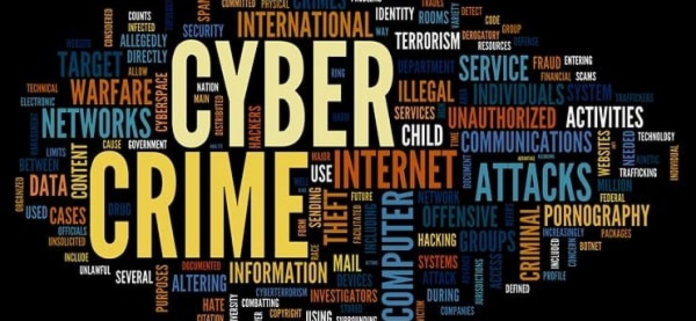By PUNCH Editorial Board
The recent arrest of activist and publisher Omoyele Sowore by the police once again underscores the growing use of the Cybercrime Act as a tool of suffocating repression. Sowore was detained in early February for referring to the Inspector-General of Police as “illegal,” an opinion that, in any truly democratic society, should not amount to a criminal offence.
His arrest, however, is far from an isolated case. The act has increasingly been weaponised against activists, journalists, and ordinary citizens for expressing dissenting views. This highlights a disturbing trend towards the suppression of free speech in Nigeria.
The Cybercrime (Prohibition, Prevention, etc.) Act was enacted in 2015 (and amended in 2024) to address cyber-related offences, including fraud, cyberstalking, and identity theft.
While its purpose is to protect Nigerians from online threats, sections of the law have been repeatedly exploited to target government critics under vaguely defined offences like “cyberstalking and cyberbullying”.
This has enabled authorities to arrest and prosecute individuals who post content deemed “offensive” to public officials and VIPs, creating a chilling effect on free speech.
In December, Olamide Thomas, a social media activist, was arrested and charged under the act for allegedly “insulting” President Bola Ahmed Tinubu’s son, Seyi, on Facebook. Thomas had criticised Seyi’s alleged influence on government contracts, prompting swift action from law enforcement.
Instead of engaging with the concerns raised, authorities chose to criminalise her expression, reinforcing the perception that Nigeria is becoming increasingly intolerant of dissent.
In January, popular TikToker Olumide Ogunsanwo (SeaKing) was arrested for allegedly making derogatory remarks about Enoch Adeboye, the General Overseer of the Redeemed Christian Church of God.
Although the preacher has distanced himself from the arrest, the TikToker’s legal team has since threatened legal action against both the police and Adeboye’s supporters, arguing that the arrest violated his fundamental right to free expression.
His detention sparked outrage on social media, with many questioning why law enforcement prioritises defamation claims involving powerful individuals over pressing security issues.
Beyond these cases, numerous journalists have faced similar repression. In 2023, journalist Agba Jalingo was detained over a report alleging corruption in Cross River State. Sahara Reporters and Peoples Gazette, among other media outlets, have had their journalists harassed, arrested, or threatened using provisions of the act.
Tragically, 25 journalists have been prosecuted under the act since its enactment in 2015.
The law’s ambiguous language enables law enforcement to interpret criticism of public figures as “cyberstalking,” effectively criminalising legitimate journalism.
These actions starkly contrast with how democratic societies handle defamation and public criticism.
In the United Kingdom, defamation is treated as a civil matter rather than a criminal offence. Public officials and high-profile individuals must prove in court that false statements were made with actual malice.
The United States follows a similar approach under the First Amendment, ensuring robust protection for free speech, particularly when addressing public figures.
Conversely, the Nigerian authorities have opted for draconian crackdowns instead of civil legal remedies.
The continued abuse of the act to target critics raises concerns about Nigeria’s commitment to democratic principles. The law should be reviewed to clearly distinguish between legitimate cyber offences and the exercise of free speech.
Sections criminalising vaguely defined acts like “cyberstalking” must be repealed or amended to prevent further misuse.
Additionally, law enforcement agents should be held accountable for the arbitrary use of the act to suppress dissent.
Nigeria’s democracy can only thrive when citizens can hold their leaders accountable without fear of persecution.
The government must resist the temptation to use legal frameworks as instruments of oppression. Otherwise, the country risks sliding further into authoritarianism, where mere words become criminal acts and free speech is a privilege reserved only for the powerful.





